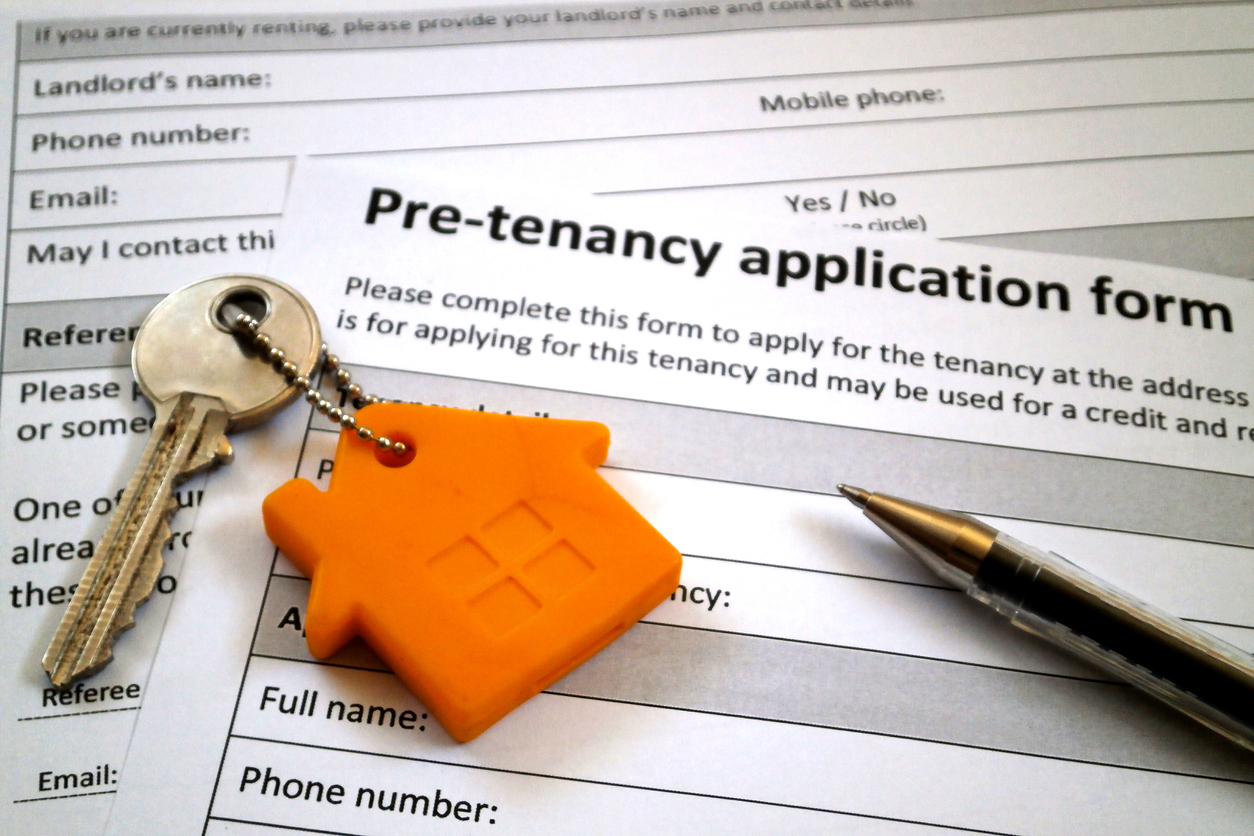Good news for tenants – an update on the ‘Tenant Fees Act 2019’
From 1 June 2019, if a tenant enters into a tenancy agreement, student let or licence to occupy housing in the private rented sector, letting agents will now be prohibited from charging any fees or other payments that are not included in the list of permitted payments. Letting agents cannot require a tenant (or anyone acting on their behalf or guaranteeing their rent) to make certain payments in connection with a tenancy. The only payments a letting agent can charge in connection with a tenancy are as follows:
a) the rent
b) a refundable tenancy deposit capped at no more than five weeks’ rent where the annual rent is less than £50,000, or six weeks’ rent where the total annual rent is £50,000 or above.
c) a refundable holding deposit (to reserve a property) capped at no more than one weeks’ rent.
d) payments to change the tenancy when requested by the tenant, capped at £50, or reasonable costs incurred if higher.
e) payments associated with early termination of the tenancy, when requested by the tenant.
f) payments in respect of utilities, communication services, TV licence and council tax; and
g) a default fee for late payment of rent and replacement of a lost key/security device, where required under a tenancy agreement.
If any other fee a letting agent is charging is not on this list, it is a prohibited payment and it should not be charged. A prohibited payment is a payment outlawed under the ban.
So when does the ban apply, it depends on when a tenancy agreement was entered into; the ban is being introduced in two stages as follows:
- From 1 June 2019, if you enter into a tenancy agreement ,student let or licence to occupy housing in the private rented sector, a landlord or agent will be prohibited from charging you any fees or other payments that are not included in the list of permitted payments above. Landlords will be responsible for the costs associated with setting up, renewing or ending a tenancy (e.g. referencing, administration, inventory, renewal and check-out fees). Agents and landlords do not have to pay back any fees that they have charged you before 1 June 2019. You should challenge a landlord or agent if you think they are charging an unlawful fee.
If you entered into a tenancy before 1 June 2019, a landlord or agent will still be able to charge fees up until 31 May 2020, but only where these are required under an existing tenancy agreement. This might include, for example, fees to renew a fixed-term agreement where you had already agreed to pay these. Nonetheless, businesses such as letting agents are prohibited from setting unfair terms or fees under existing consumer protection legislation. If you consider the level of fees being charged to be unfair, you should discuss this with your landlord or agent. - From 1 June 2020, the ban on fees will apply to all assured shorthold tenancies, tenancies of student accommodation and licences to occupy housing in the private rented sector in England. Landlords and agents will not be able to charge any fees after this date (apart from those payments which are excluded from the ban – see above).
I’ve already entered into a tenancy, what does this mean for me?
If a landlord or agent requires you to make a payment under a term within a tenancy which was entered into before the ban came into force, such as check-out or renewal fees, they can continue charging those fees until 31 May 2020.
After 1 June 2020, the term requiring that payment will no longer be binding. Should you, in error, make such a payment, you should ask the landlord or agent to return the payment immediately. The payment must be returned within 28 days. If they do not return the payment within 28 days, then they will be treated for the purposes of the Act as having required you to make a prohibited payment (a payment that is outlawed under the ban).
If you have any further queries with regard to the Tenant Fees Act 2019, please do not hesitate to contact us and we will be happy to assist. Copies of the full Act for both Landlords and Tenants are available at our Cannock office and we will be happy to forward a copy should you require further information.





